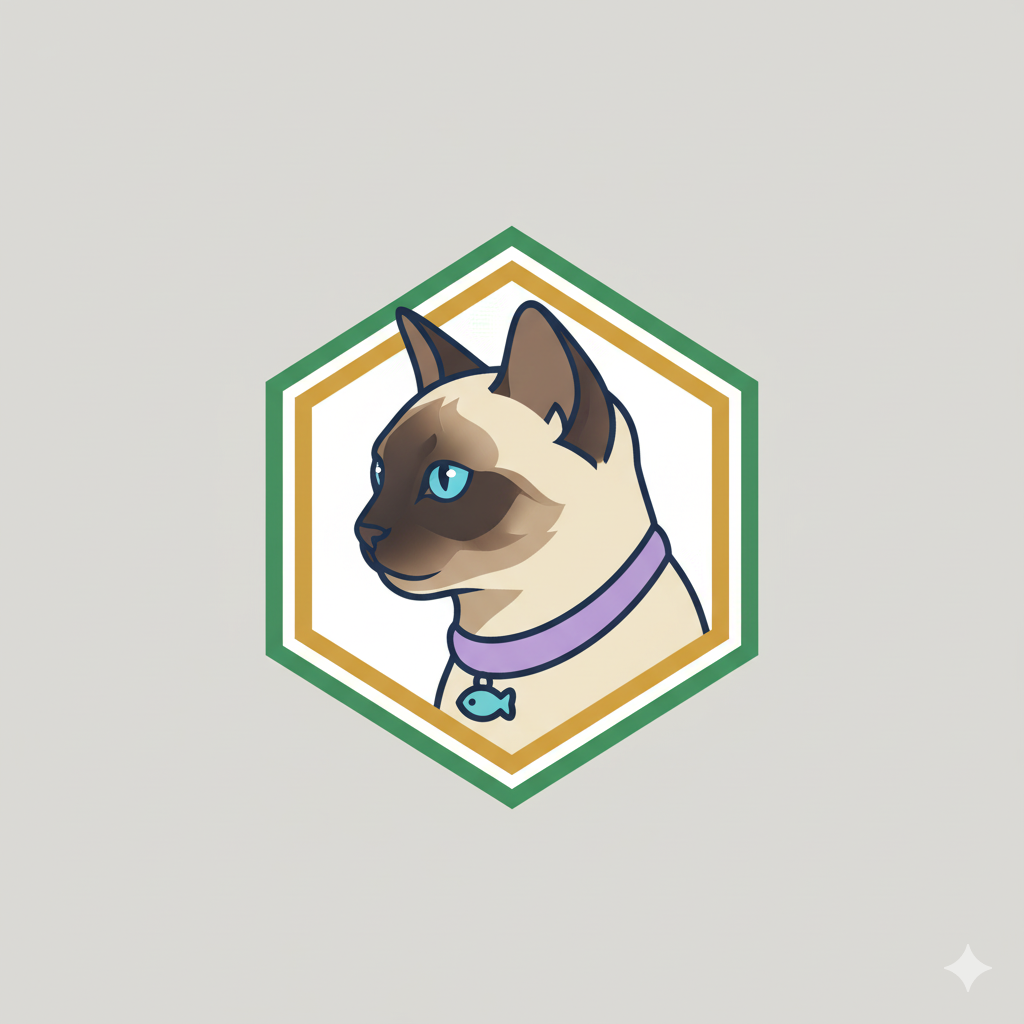Behavioural Traits That Define Cat Independence
Understanding the essence of feline self-reliance
Cat independence is often admired and is a key factor for many choosing cats as pets in the UK. Typical self-sufficient behaviours in domestic cats include their ability to manage grooming, hunting-like play, and territory marking without human intervention. These behaviours demonstrate an intrinsic survival instinct and comfort in solitude.
Also to see : What are the signs of stress in cats and how can UK owners help?
Cats instinctively regulate their daily needs. For example, they often control their own feeding schedules and seek stimulation through exploring or pouncing on toys, which fulfills their natural hunting drives. This self-sufficiency in cats means less reliance on constant interaction compared to some other animals. Unlike dogs, which often require frequent walks and social engagement, cats comfortably entertain themselves and rest without demanding attention.
In terms of cat behaviour, independence is core. This autonomy makes cats adaptable pets for busy households or individuals who may not be home often. Comparing dependence levels, cats generally require less direct care, making them ideal companions in urban UK settings where active pet time might be limited.
Additional reading : What Are the Most Effective Ways to Care for Your Cat’s Emotional Well-being?
This balance of independence and occasional affection offers a rewarding companionship that many in the UK appreciate when considering cats as pets.
Scientific Perspectives on Cat Independence
Understanding cat psychology reveals why cats often display an independent personality distinct from other pets. Experts in feline behavior emphasize that this autonomy stems largely from evolutionary factors. Unlike dogs, domestic cats evolved as solitary hunters, which shaped their social structure and interaction preferences. This history impacts their behavior today, with many cats valuing personal space and exhibiting selective social engagement.
Domestication has influenced cat independence but in a subtle way. While cats have adapted to living with humans, they retain a strong sense of self-sufficiency, often seeking interaction on their own terms. Expert opinion on cats highlights that their independence is not a sign of aloofness but rather a survival trait that balances social contact with autonomy.
Research comparing cats and dogs confirms that cats generally require less social stimulation, thriving with intermittent social contact. This doesn’t mean cats do not bond with their owners, but they often maintain emotional boundaries that reflect their wild ancestors’ habits. Recognizing these scientific insights helps pet owners appreciate and respect their cat’s unique behavioral needs without misinterpreting independence as indifference.
Cultural Attitudes Toward Cats in the UK
British pet culture reflects a unique relationship with cats, often highlighting their independence and self-sufficient nature. Unlike dogs, cats in the UK are valued for their ability to thrive without constant attention, aligning with a distinctly British appreciation for animals that require less hands-on care. This perception promotes cat ownership UK-wide, especially among busy urban dwellers and professionals.
Cats are seen as ideal companions in British homes due to their low-maintenance characteristics. Many in the UK appreciate how cats blend well with a lifestyle that balances work and leisure without demanding rigorous care routines. This practicality contributes to the steady popularity of cats as pets, making them one of the most common animals in British households.
Lifestyle factors such as urban living, smaller garden spaces, and a tendency for indoor pet care further encourage cat ownership UK. Cats adapt well to flat or house living, offering companionship without needing extensive outdoor exercise. This adaptability strengthens the cultural perception of cats as sensible, manageable pets that fit neatly into modern British life.
Statistical Evidence: Cats vs. Other Pets
Examining data on pet ownership and independence
In the UK, cat ownership statistics consistently show cats as one of the most popular pets, trailing only slightly behind dogs. Recent survey data from various sources indicate that approximately 25% of UK households own a cat, while around 34% own a dog. This places cats firmly in the top tier of pet choices, reflecting their appeal for companionship with relatively low maintenance.
Public opinion surveys further highlight the perception of cats as more independent than other common pets. Many respondents believe cats require less constant attention, thanks to their self-sufficient grooming habits and ability to manage alone for short periods. In direct comparison, dogs often rank lower on this independence scale due to their need for regular exercise and social interaction.
Case studies provide concrete examples. For instance, households where owners work long hours find cats easier to care for, as cats handle solitude without significant stress. This autonomy is a key reason cats remain a preferred pet for busy individuals who value companionship without compromising their lifestyle. Thus, cat ownership statistics and survey data in the UK not only prove their popularity but also underscore cats’ unique independent nature.
Key Reasons Cats Are Perceived as the UK’s Most Independent Pets
Cats stand out in the UK for their reputation of independence, largely due to distinct behavioural and cultural traits. Unlike dogs, cats instinctively manage their needs with minimal human intervention, embodying why cats are considered independent. Scientific studies highlight cats’ ability to self-regulate, grooming themselves and often relying less on external stimulation. This self-sufficiency aligns perfectly with busy British households, where the benefits of independent pets are highly valued.
The contrast in the cat vs dog independence UK debate becomes clear when considering daily routines. Cats require less constant attention, making them suitable for those balancing work and family. Their natural tendency to explore and entertain themselves satisfies curiosity without demanding continuous human interaction. This reinforces the enduring reputation of cats as the UK’s most self-reliant pets—quiet companions who adapt well to home environments without imposing on their owners’ time.
Such characteristics not only explain why cats continue to be favoured but also how their independence benefits pet owners. In essence, they provide affection and companionship without sacrificing their own autonomy or their owner’s lifestyle needs.
